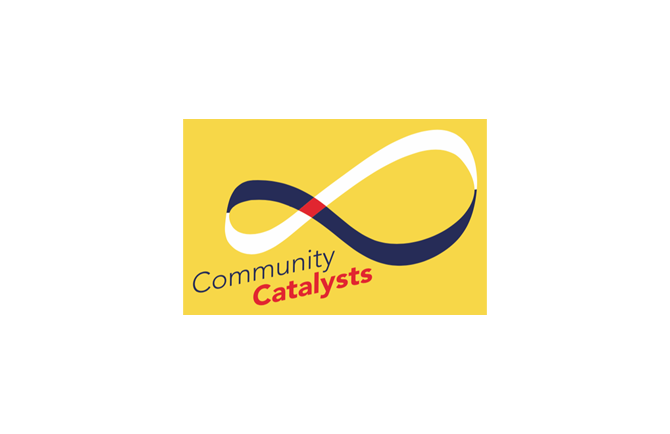The partnership consists of
- local partners with in-depth acquaintance with their local context and community
- trans-local or network partners spreading good or next practices across locations
- research partners contributing theories, models, methodologies and syntheses of empirical research
It emerges from four territories of peripheral Europe, involving trans-local organizations and research institutions, according to the mission and the specific focus of the different projects. The partnership has originally been created for implementing this project series. It has the intention to continue collaborating beyond single projects. It is also open for new partners. If you feel resonating, please drop us a message.
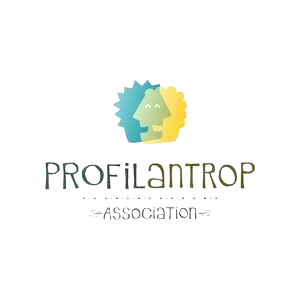
Profilantrop
Coordinating CCRD, CCTE and CCECR projects
The Hungarian Profilantrop Association applies innovative approaches for generating regenerative livelihoods, using an integrative, interdisciplinary, systemic approach combined with participatory methods. Profilantrop is engaged in social projects, community work, green energy and appropriate technology development, youth work, social entrepreneurship, research, volunteering and youth exchange programmes, organizing events and festivals, trainings and workshops. Profilantrop Association has started a Charity Shop in 2015 called Filantrópia. This social enterprise serves sustainability in many ways: reduction of waste, providing affordable items for people with low income, transferring knowledge about reusing and upcycling, positive changes in attitudes regarding sustainability, and regenerative development. Filantrópia is also a community place, where donors and customers alike can engage and meet each other. From the revenue generated by the Charity Shop the Association can finance rural community projects.
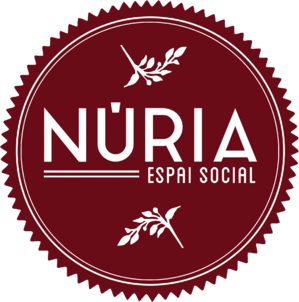
Resilience.Earth and Nuria Social
Co-creating CCRD, CCTE and CCECR projects
The non-profit cooperative Resilience Earth started its endeavors in 2006 co-founding a rural transformative project called Ateneu Rural Mas Franch. After a decade, in 2016, it evolved into a facilitation and consulting coop specialized in rural regions and working on community resilience, regenerative development and social and solidarity economy. Our coop is currently formed by 13 people working on rural municipalities, dynamizing local ecosystems and doing lobby and research work. We work from a transdisciplinary approach, as our team is composed of social activists, environmentalists, communicators, accountants, and hackers. We also work actively in generating spin-off organizations like Nuria Social Coop, working on intercultural challenges in rural areas, and Miceli Coop, a hub with many organizations offering assessment to rural regions.

Orla Design and Projecto Nova Descobertas
Co-creating CCRD, CCTE and CCECR projects
Since 1994, Project New Discoveries has offered transformational learning experiences for groups that connect people of all ages and backgrounds with each other and with nature. From their roots working towards social justice and inclusion, they have expanded their work to offer education for sustainability and regeneration in the new campus at Quinta Vale da Lama farm. They are represented in the partnership by Orla Design, a socially engaged collective rooted in SouthWest Algarve actively involved in the emergence of resilient bio regions through social technologies and ecological design services. Orla Design consists of a group of experienced facilitators and designers that are part of the growing global movement for regenerative cultures. They create learning spaces and processes through collaborative landscape design and self-organization tools. Their purpose is to respond to the current global systemic crisis through nature-based processes where place and belonging are crucial to strengthen the resilience of local communities.
www.projectonovasdescobertas.org

Palma Nana
Co-creating CCRD, CCTE and CCECR projects
Since 1983, the social cooperative Palma Nana based in Sicily has been researching and implementing environmental education methods, educational paths and regenerative tourism. The cooperative itself is based in the city of Palermo, whereas its Center for Environmental Education Serra Guarneri in the rural area of the Madonie Park, where most of the project actions have been implemented.
We work in different fields, considering Environmental Education as a tool to activate change at personal, community and societal levels. We work with schools, teachers, neighborhoods, rural municipalities, local communities and more. We participate in networks at the local, regional and national levels.
https://educazioneambientale.com/

Gaia Education
Co-creating CCTE and CCECR projects
Gaia Education is a leading provider of sustainability education that promotes thriving communities within planetary boundaries. We equip students and project participants of all ages with the appropriate skills and analytical tools to design a society in which energy and materials are used with greater efficiency and wealth is distributed more fairly. We strive to eliminate the concept of waste. Students become change agents and sustainability designers, taking active roles in transitioning their existing communities, institutions, and neighborhoods, to more regenerative patterns of production and consumption, as well as leading more joyful, meaningful, and healthy lives.
Gaia Education has a comprehensive track record of working with over 110 partners, intergovernmental agencies, academic institutions, ethical businesses and the United Nations in the creation of policy guidance for the implementation of major international sustainable conventions. We are:
- An NGO associated with United Nations Global Communications
- A member of the former UNESCO Global Action Programme (GAP) on Education for Sustainable Development (ESD)
- A chapter lead in SDG4 for UK national SDGs Plan
- A partner of UNITAR in conducting specialised e-learning and corporate trainings
- A Laureate of the Luxembourg Peace Prize for outstanding Education in 2022, awarded by the Schengen Peace Foundation
We have certified over 350 face-to-face and e-learning programs, reaching over 55 countries, 23000 people and 147 nationalities, in a variety of settings- from tribal communities to intentional ecovillages, from urban slim settings to universities and training centers. We also offer policy advice, curriculum development, and adaptation support, via project-based learning programs, for communities facing climate-related crises.
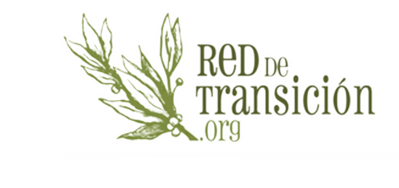
Red de Transición
Co-creating the CCRD project
The Spanish Transition Network (RedT) is a non-profit association that is part of the international Transition Movement (Transition Network), also known as Transition Towns.
We are part of a great ecosocial experiment that supports people and their communities to move towards more sustainable and regenerative ways of life with less dependence on fossil fuels, at a time of very probable and imminent ecosocial collapse, respecting the biophysical limits of the planet, and promoting a cultural change towards degrowth based on collective action, care and mutual support.
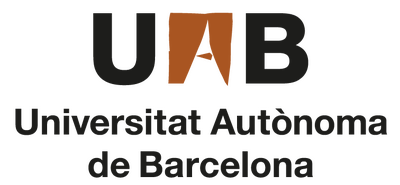
UAB - Universitá Autónoma de Barcelona
Co-creating the CCTE project
The Autonomous University of Barcelona is a public university created in 1968 that today has 57 departments in the experimental, life, social and human sciences, spread among 13 faculties/schools. All these centers together award a total of 85 qualifications in the form of first degrees, diplomas, and engineering degrees. Moreover, almost 80 doctoral programs, and more than 80 other postgraduate programs are offered to more than 40,000 students by more than 3,600 academic and research staff.
UAB is represented in the partnership by L'Eixida, a self-managed cooperative focused on the promotion, consolidation and development of all kinds of community projects adhering to the principles of the Social and Solidarity Economy (SSE) and cooperativism, in particular in Vallès Occidental. The main task is to provide organizations with useful tools and knowledge so that they can carry out their activity with autonomy and solidity. We offer support and encouragement to promote cooperativism. We approach community work from a set of skills, techniques and tools, with the aim of creating the conditions that allow a satisfactory development of group and personal processes. In a feminist and transformative perspective.
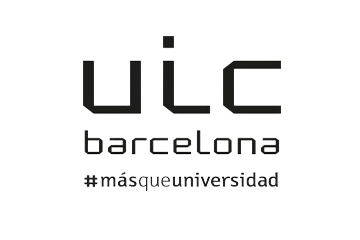
UIC Barcelona and Urban Resilience Research Network
Co-creating the CCECR project
The Universitat Internacional de Catalunya (UIC Barcelona) is a private non-profit university hosting different departments including architecture. Within the School of Architecture there is a research group working of Sustainable Urban Living, hosting the headquarter of the International Urban Resilience research Network (URNEt).
URNet is a network of more than 500 researchers spread globally and addressing urban resilience and sustainability from a multidisciplinary perspective, organizing events and publishing in the white and grey literature advances and case studies on these topics. In 2018 URNet co-organized with the International Forum of Urbanism and UN HABITAT the international conference on Reframing Urban Resilience Implementation, and launched an international Masters programme in City Resilience Design and Management hosted by UIC Barcelona.
The URNet members working from UIC Barcelona are responsible of the International Masters programme and they are involved in several EU projects on Climate and Community Resilience for Carbon Neutral and Just cities.
https://www.uic.es/en/school-architecture
https://www.urbanresilienceresearch.net/

